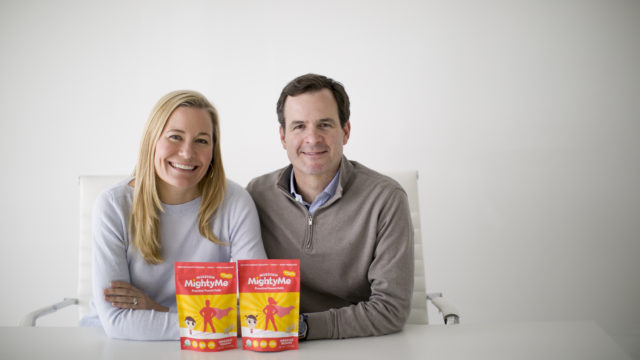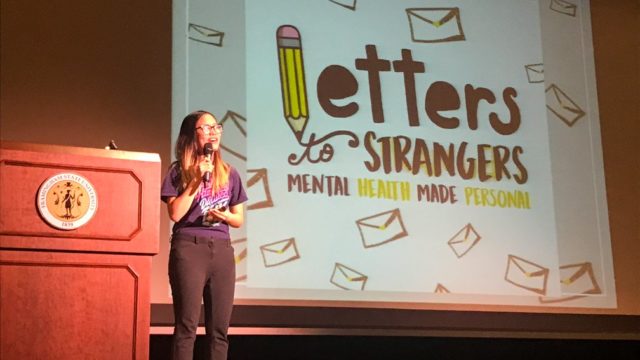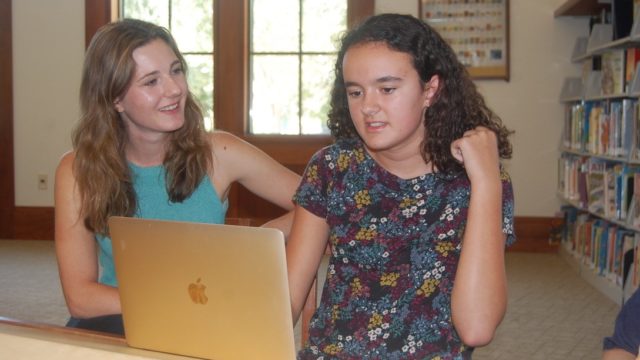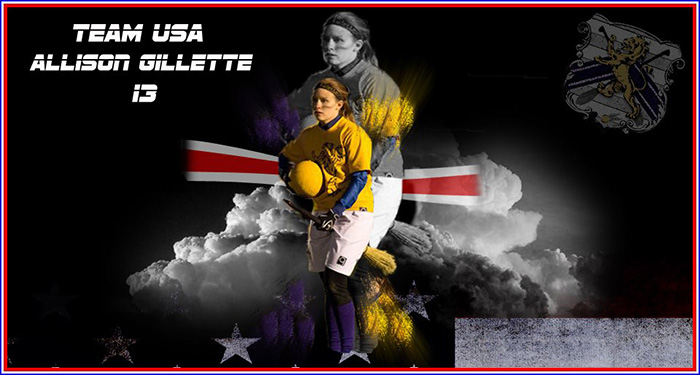
Commitment to Quidditch: One Scholar’s Quest for Gold
By Allison Gillette (2008) | When I received the email stating that I had been selected to play on the first-ever U.S. National Quidditch team, I reread it at least four times before it finally set in.
Quidditch is more than a sport to me. My involvement in it connected me to a family and community that became an important part of my college experience. So to have the opportunity to join the U.S. National Quidditch team—and participate in the first-ever Quidditch Summer Games during the Olympic torch relay this summer—is a dream come true.
You’re probably wondering what Quidditch is. It’s a real-life sport adapted from the fictional game created by J.K Rowling in her Harry Potter novels. In 2005, a few students at Middlebury College in Vermont created the “muggle” version of Quidditch. Since then, the International Quidditch Association (IQA) has been created to govern more than 600 teams across 30 nations.
Quidditch is a co-ed, full-contact sport played on an elliptical field with large hula-hoops on stakes for goal hoops. Each team has seven players on the field at all times: three chasers, two beaters, one keeper, and one seeker. You can learn all about how Quidditch is played at the IQA website.
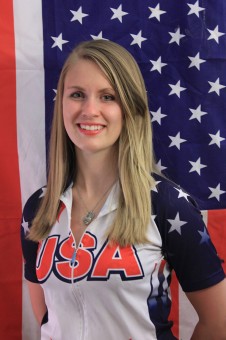 Although I am an avid Harry Potter fan, it wasn’t the books that drove me to become a Quidditch player. It was the athleticism. When I was in high school, I was a four-sport varsity athlete. I couldn’t imagine not staying active in college. However, I went to school to learn and couldn’t spend every day of the week dedicating a significant amount of time to athletics. Quidditch was a perfect fit for me. Emerson College’s all-star team—serious athletes who used to play everything from football to water polo—practiced a few times a week. I became the starting beater for Emerson College and went on to participate in three World Cup tournaments, three regional tournaments, and a host of smaller tournaments.
Although I am an avid Harry Potter fan, it wasn’t the books that drove me to become a Quidditch player. It was the athleticism. When I was in high school, I was a four-sport varsity athlete. I couldn’t imagine not staying active in college. However, I went to school to learn and couldn’t spend every day of the week dedicating a significant amount of time to athletics. Quidditch was a perfect fit for me. Emerson College’s all-star team—serious athletes who used to play everything from football to water polo—practiced a few times a week. I became the starting beater for Emerson College and went on to participate in three World Cup tournaments, three regional tournaments, and a host of smaller tournaments.
As my senior year at Emerson College approached, I was already feeling withdrawals from the sport. That’s why I became president of Emerson College Quidditch (a 300-member organization that is not recognized by our school) and eventually director of game play for the World Cup 2013.
I worked daily to promote and improve the sport. At Emerson, we raised $2,000 for the Vermont flood relief, created a Boston Quidditch League, offered Quidditch clinics for inner-city children, and co-hosted a tournament with Boston’s professional lacrosse team. At the international level, I helped write the official rulebook and oversaw all of the teams in Vermont. Now I am organizing our first-ever Quidditch Conference, to be held in Chicago this summer.
I was one of the two people from the Emerson College team nominated for the U.S. National Team. Selections were based on athletic ability and one’s ability to be an ambassador for the United States, sportsmanship, and Quidditch.
The U.S. National team will compete against teams from the United Kingdom, Canada, France, and Australia in Oxford, England, a part of the Olympic torch relay celebration on July 8 and 9. Although I am gunning for the gold, I am more excited about meeting players from other countries and drawing international attention to the sport. If you are in the area, come and check out a sport unlike any other!
Once she completes her Olympic adventure in July, 2008 Coca-Cola Scholar Allison Gillette will be working on post-production of her first feature film, “Cow Power,” which is the story of a Vermont community’s commitment to taking cow manure and turning it into renewable energy. The film will be released in October. You can learn more about the film on the Cow Power blog.
Allison also is actively working to raise funds for the U.S. Quidditch Team. To donate via PayPal, visit here or support Team USA by buying a jersey here.


